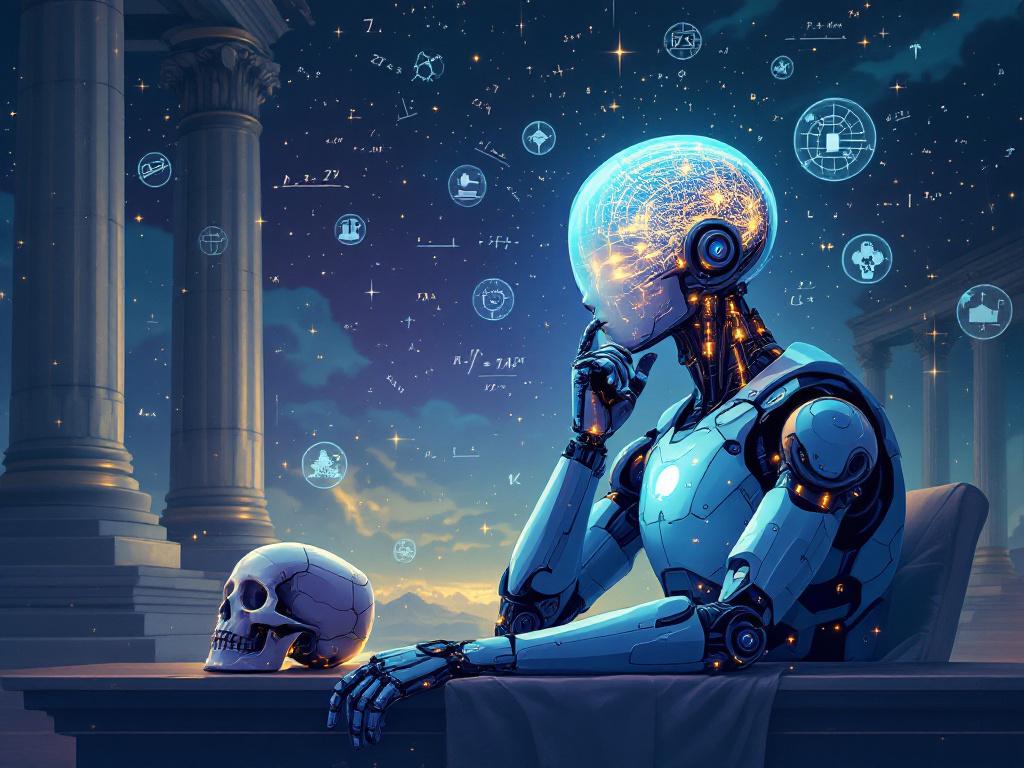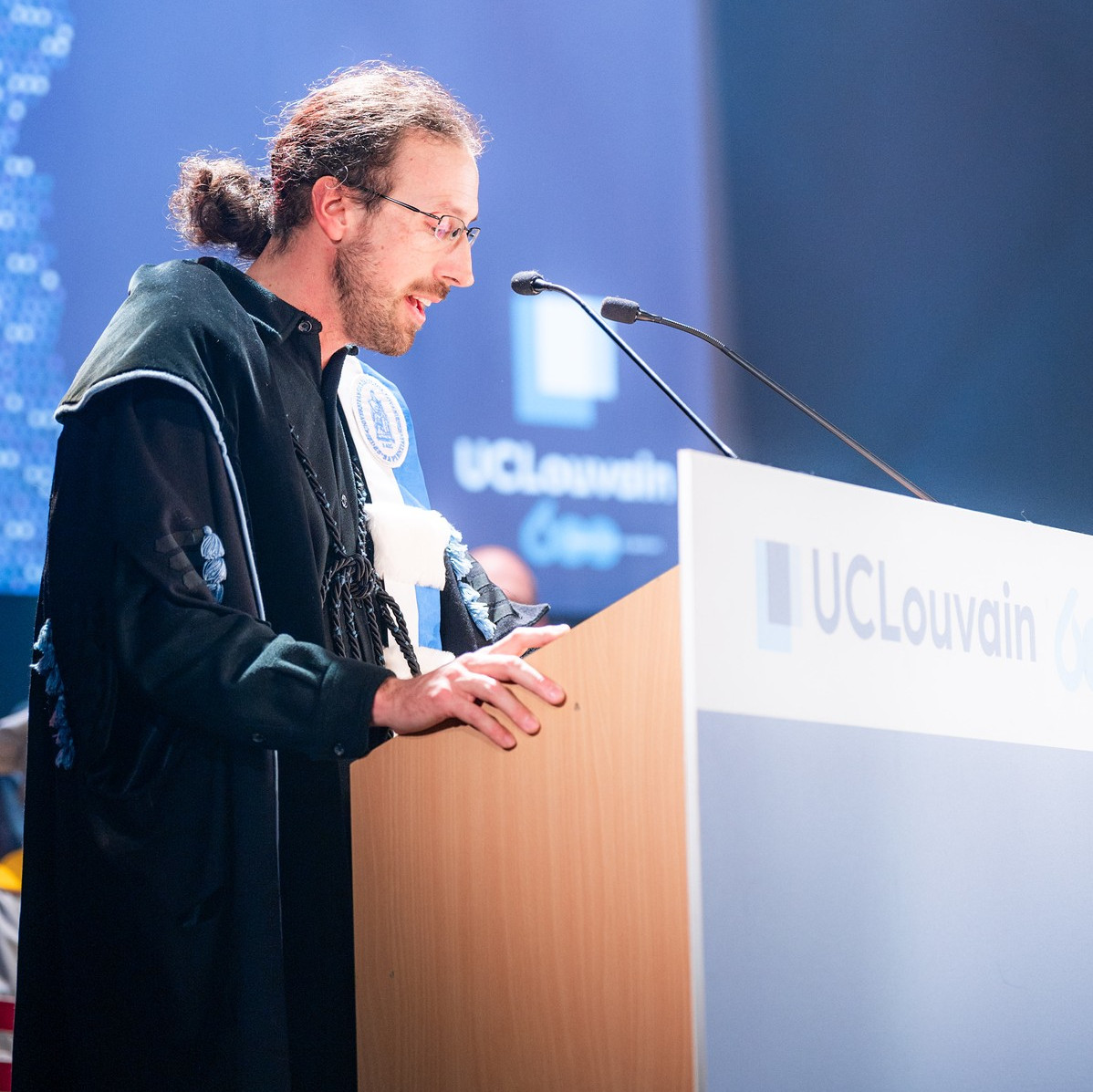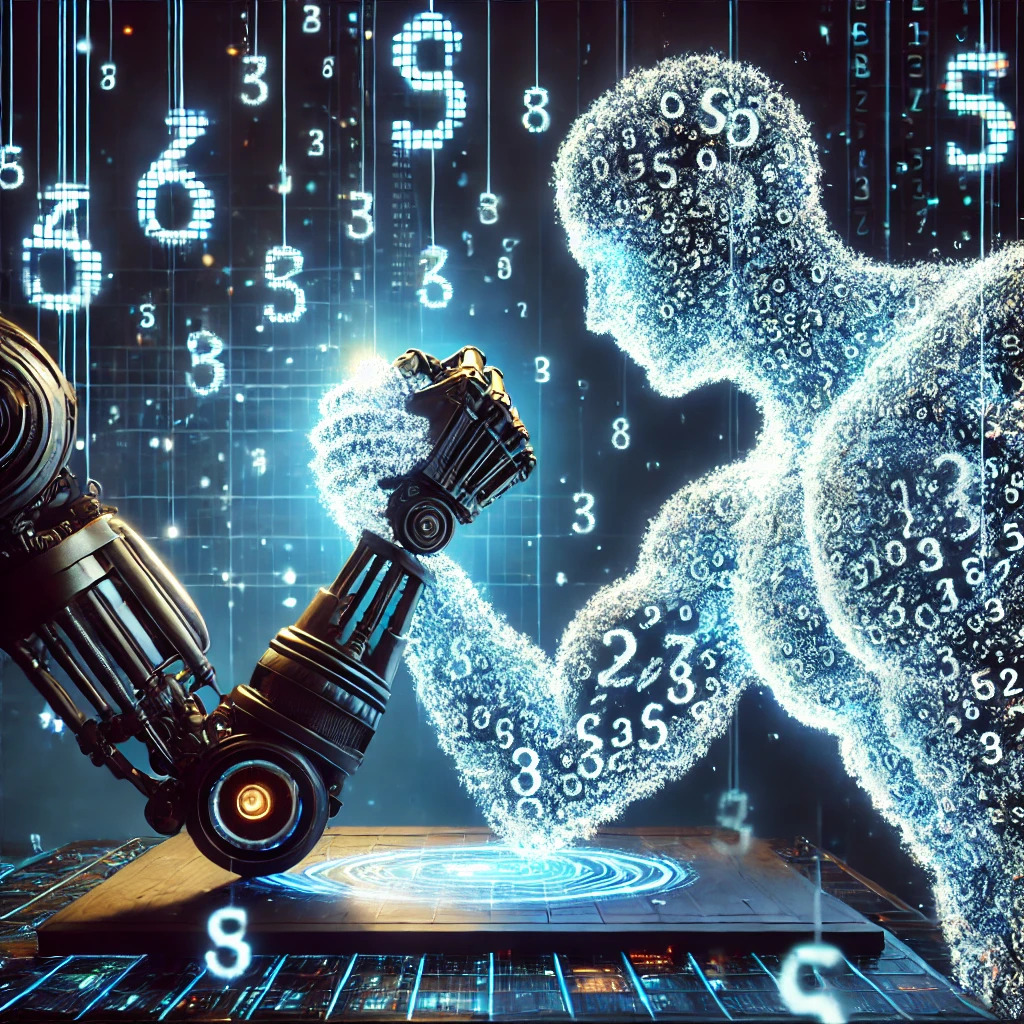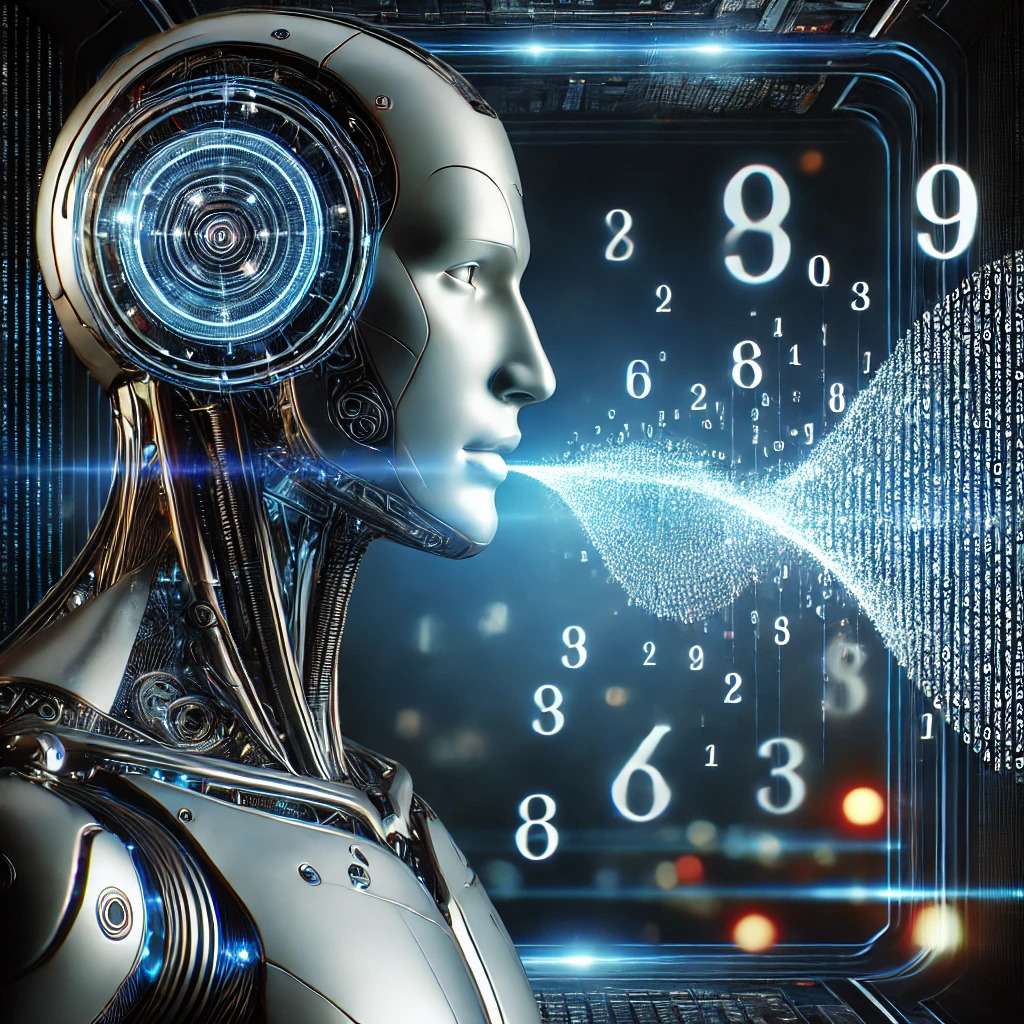2025 highlights: AI research and code

AI is everywhere. Can you see it here?
Note
Some highlights about my work in 2025: progress on tabular-learning stands out, a publication on unpacking trade-off and consequences of scale in AI, and of course progress on the open-source data-science and machine learning stack.
As 2026 starts, I’m looking …







